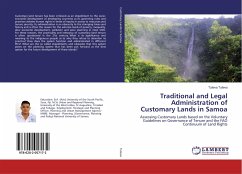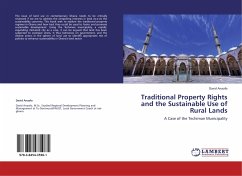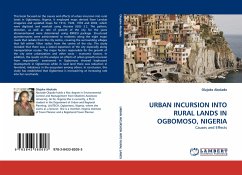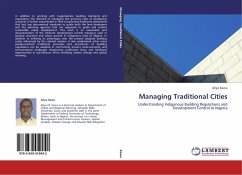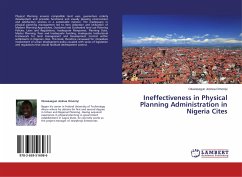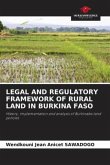Customary land tenure has been criticized as an impediment to the socio-economic development of developing countries as its governing rules and practices violates human rights in terms of equity in access to resources and tenure security. Its administration is an obscurity to the changing times and history and is often the reason for the extreme levels of poverty, inequality, slow economic development, pollution and poor planning in most SIDS. For these reasons, the practicality and relevancy of customary land tenure is often questioned in the 21st century. What is its significance and meaning to the indigenous people as to why they refuse to abandon its practice? How does the system function and administrated in different PICs? What are the so called impediments and obstacles that this system poses on the planning system that has been put forward as the best option for the future development of these islands?

